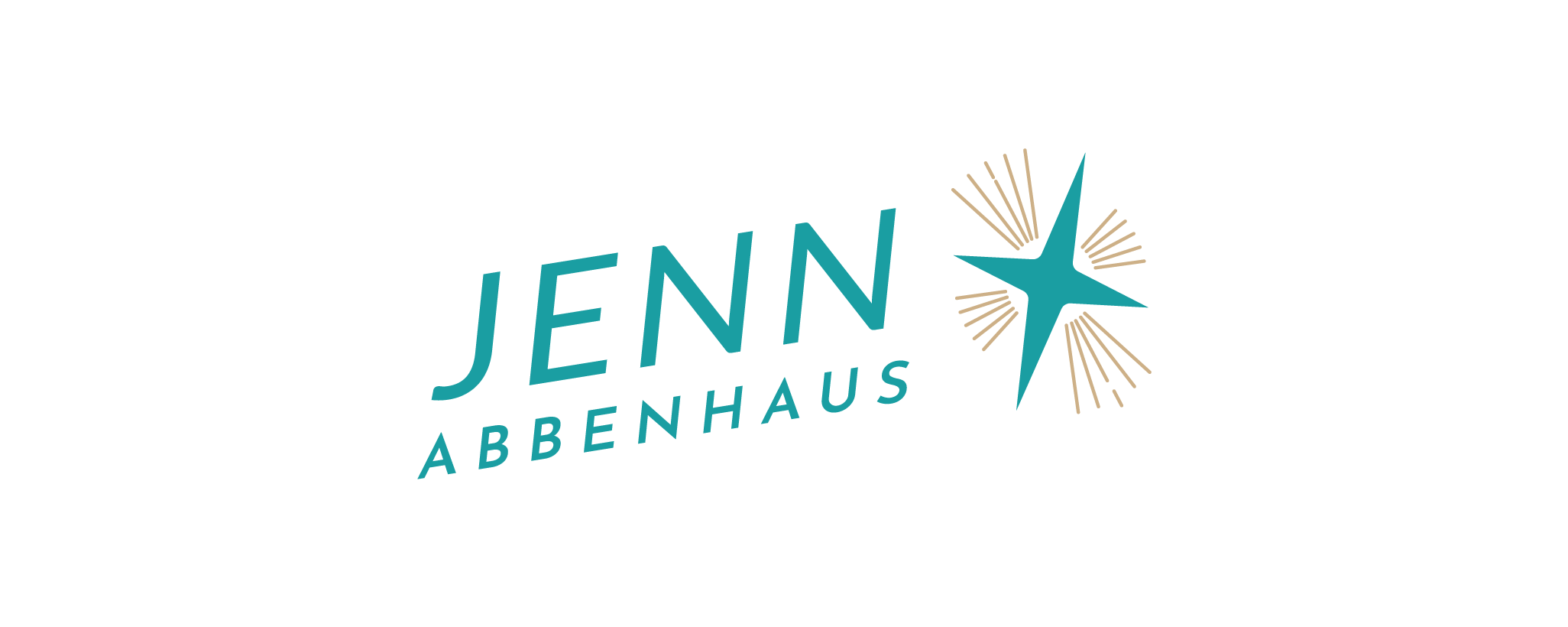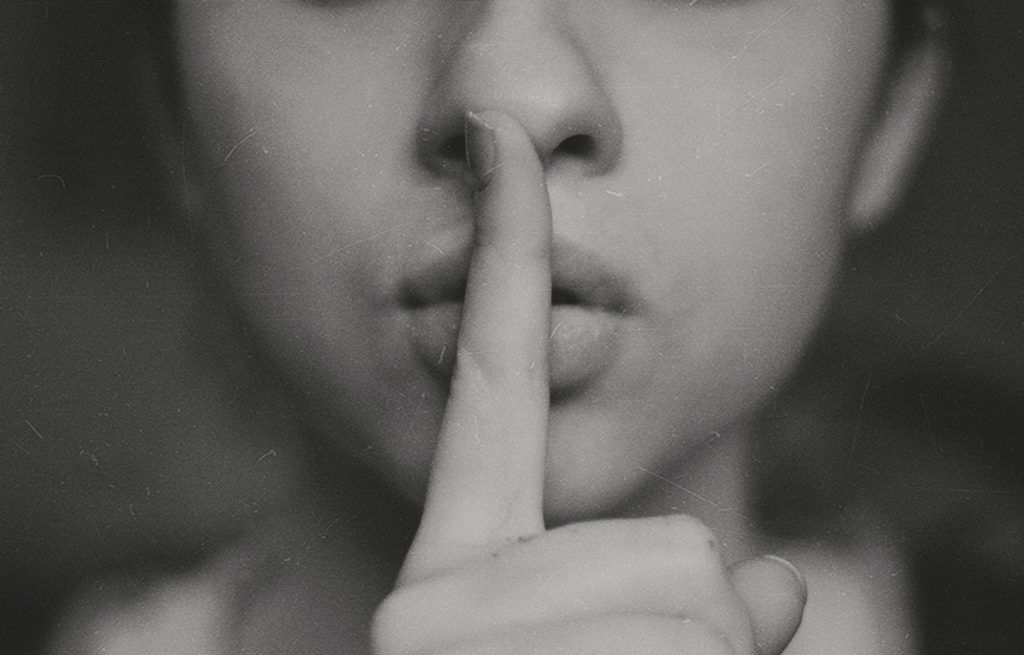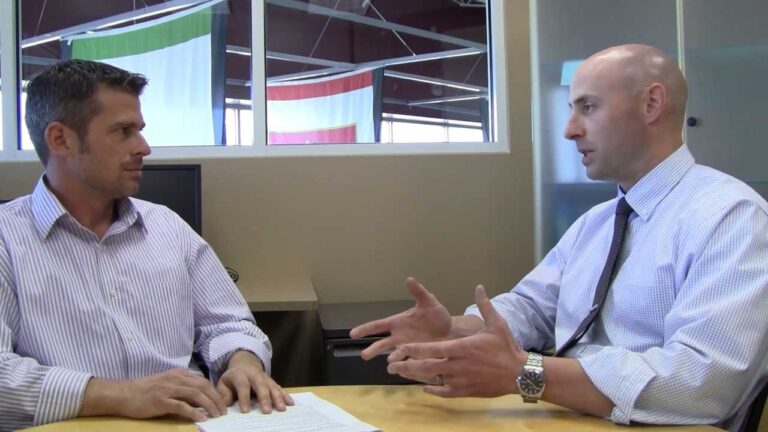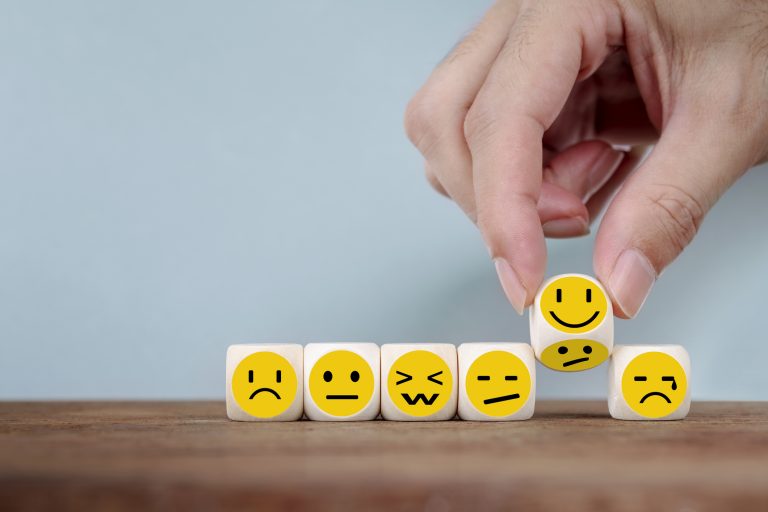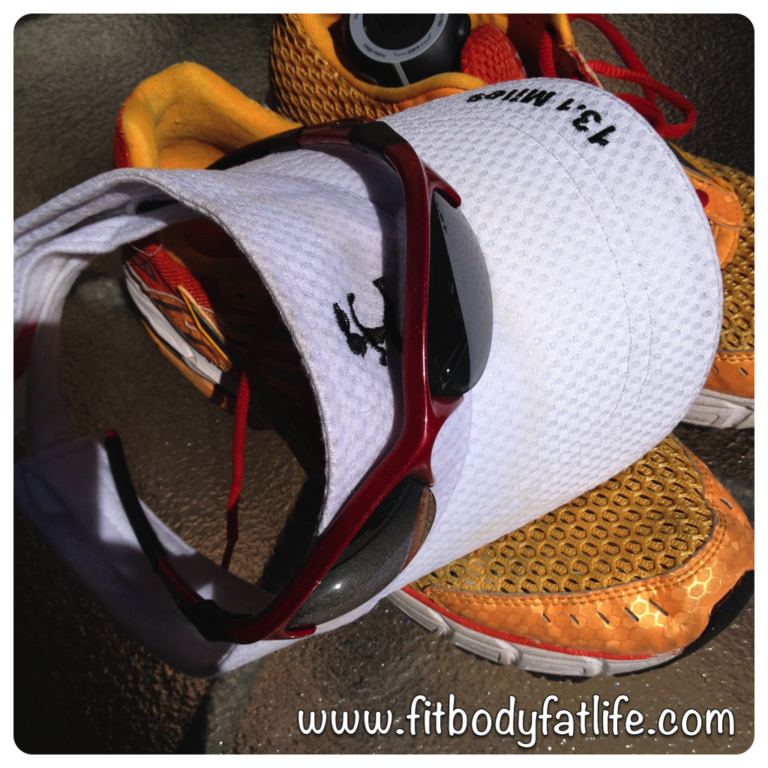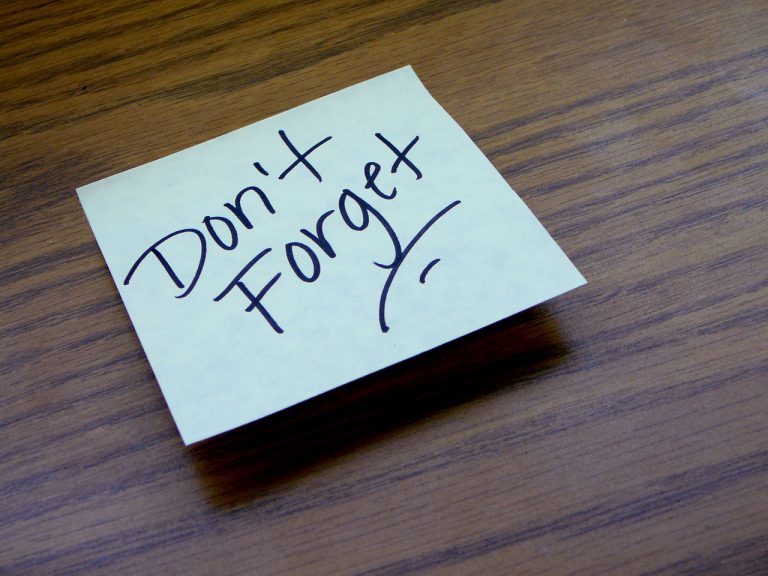Who is a family caregiver? The secret signs it’s you right now
Who is a family caregiver?
A family caregiver is a person who has a deep personal connection to someone they are providing support for on an ongoing basis and who has a chronic illness or deteriorating/disabling conditions. These individuals may, or may not, live with the person receiving support and are often unpaid.
The role of a caregiver comes like a thief in the night, turning your life upside-down. Whether it’s a short stint or it extends years, you’re rarely prepared when it’s your turn. Heck, you might not even realize you’ve become a caregiver.
That was my experience when I stepped in to help Papa. It wasn’t until after he passed away that I understood the significance of the previous three months.
Why is Acknowledging You’re a Family Caregiver Important?
Right now, there are 53 million family caregivers in the United States. Of that, 23% have said that being a caregiver has made their health worse and 45% are financially affected by it.
Both, the definition and the statistics, oversimplify things. The true impact of becoming a family caregiver is more complex. Family dynamics, personal experiences, unknown history, and more change the dynamic.
Add to that, the desire of western medicine in relation to disease has led to humans living longer than ever. This extension of life comes at a price – a reduction in quality of life and

financial strain due to extra years. It is in those last years that can become the hardest for everyone involved. Roles reverse, parents gripping on to their independence and kids worrying about their parents’ safety.
When the time comes, you’ll throw yourself into the deep end without learning how to swim or finding any emergency flotation devices. Hoping you’ll figure it out before the deep end swallows you up.
There are no classes on how to care for or have hard conversations with our aging parents and chronically sick loved ones. We are not equipped to handle the unpredictability and magnitude of this new role.
Acknowledging that out loud is scary. Being a caregiver is misunderstood and swept under the rug. The workplace is rarely forgiving. Friends may pull away the more you say you can’t join them. Families get into arguments about the best way to “handle” care or what next steps should be. This role begins a hostile takeover of thoughts and energy.
If you don’t know what’s going on or what you’re going through, it’s hard to accept the support you need to make sure you don’t lose yourself while taking on the care of someone else.
So many of the tools and the resources available are waiting in the shadows. They may even remain hidden until after our season as a caregiver is over.
This is the importance of owning it, that you being a caregiver is part of your story and it’s a season you’re in right now.
Acknowledgment brings light to the situation. This can lead you to those who understand your situation and dredge up the things you can or can’t control. Your health and well-being will depend on the power you claim regarding the things you can or cannot control.
The Secret Signs You Might be a Family Caregiver
- You begin to help out more with things around their house, appointments, or errands.
- You start noticing the seemingly insignificant ways your parents skip a beat in a way that never happened before.
- You might know your LO’s SSN and full birthdate.
- Your heart skips a beat every time you see your LO’s name on the caller ID… will this be bad news or an emergency?
- You remember things your LO needs and forget you needed something too.
- You feel guilt and frustration as your free time is taken up more and more helping your LO.
The truth is, there are an unlimited number of signs that indicate you might be a family caregiver.
Acknowledging, out loud, your role as a caregiver will feel strange and foreign. You may want to keep it to yourself or won’t want to talk about it. I encourage you to step out of the shadows and let it be known, own it.
Stepping in to help a loved one who is sick or is experiencing a decline in quality of life has a deep impact on your own life and well-being.
Even though you are now in uncharted territory, you are not alone and you don’t have to do it alone. You don’t have to do it all.
Let me repeat that… you are not alone, you don’t have to do it alone, and you don’t have to do it all. And I’ll add that you get to take care of yourself too.
If you’re looking for a caregiver connection, let’s talk! Schedule a 20-minute session with me here. You can, also, check out my Facebook caregivers group. There we talk about all the things that happen as you find yourself navigating your new role.
Sending you lots of love and wishing you all the best in health,

